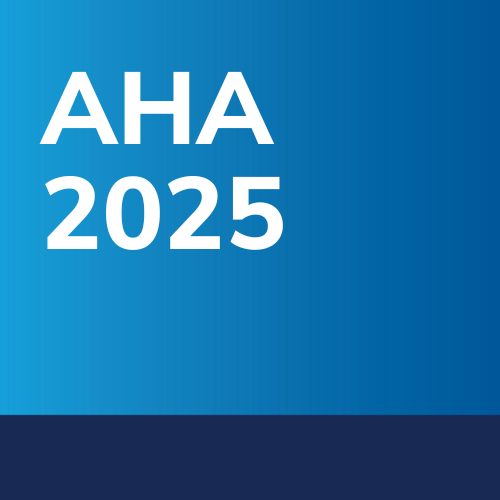Compared with placebo, PCSK9 inhibition with evolocumab reduced the risk of first cardiovascular events among patients with atherosclerosis or diabetes and without a previous myocardial infarction or stroke, based on findings from the VESALIUS-CV trial presented at AHA 2025 and simultaneously published in NEJM.
Researchers randomly assigned 12,257 patients to receive either evolocumab (140mg every two weeks; n=6,129) or placebo (n=6,128). All participants had an LDL-C level of at least 90 mg per deciliter, 43% were women, 93% were white and the median age was 66 years. The two primary end points were a composite of death from coronary heart disease, myocardial infarction or ischemic stroke (3-point MACE) and a composite of 3-point MACE or ischemia-driven arterial revascularization (4-point MACE).
Overall results showed evolocumab reduced the risk of coronary heart disease death, heart attack or ischemic stroke by 25%. Participants in the evolocumab group also experienced a 19% reduction in the risk of death, heart attack, ischemic stroke or arterial revascularization over a median follow-up period of 4.5 years.
According to researchers, the dual primary endpoints were consistent across key subgroups, including in participants with high-risk diabetes without qualifying ASCVD, who represented roughly one-third of the total study population. In a substudy evaluating LDL-C levels over time, LDL-C was lowered by nearly 55% in the evolocumab group at 48 weeks, resulting in a median LDL-C level of 45 mg/dL compared with 115 mg/dL at enrollment. In contrast, LDL-C levels remained elevated among those in the placebo group, at a median of 109 mg/dL.
“The results from the VESALIUS-CV trial represent the first demonstration of improved cardiovascular outcomes with a PCSK9 inhibitor, or any nonstatin for that matter, in patients without a previous heart attack or stroke who are already being treated with a high-intensity lipid-lowering regimen ,” said Erin Ann Bohula, MD, DPhil, FACC, who presented the findings.
The study had several limitations to note, including that a small group of patients (8%) were not being treated with any cholesterol-lowering treatment at the beginning of the study. In addition, the majority of study participants were White. Further studies that include participants of various racial and ethnic backgrounds are needed to confirm if these findings apply across diverse populations, said Bohula.
In a related editorial comment published in NEJM, Chiadi E. Ndumele, MD, PhD, and Roger S. Blumenthal, MD, FACC, say the findings “represent an important step forward in clinical knowledge.” They write: “Although PCSK9 inhibitors had been shown to reduce the risk of atherosclerotic cardiovascular disease events among patients with previous myocardial infarction or stroke, this new trial has shown their clinical benefit in patients without previous myocardial infarction or stroke. With a longer follow up than earlier PCSK9 inhibitor trials … numerically fewer deaths were observed in the evolocumab group than in the placebo group. Although this result was not significant owing to the hierarchical testing approach, it is likely to reflect a true signal.”
Clinical Topics:
Diabetes and Cardiometabolic Disease, Dyslipidemia, Prevention
Keywords:
AHA Annual Scientific Sessions, AHA25, Dyslipidemias, Secondary Prevention
